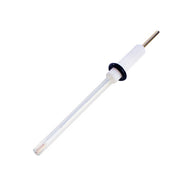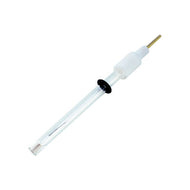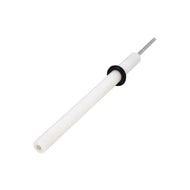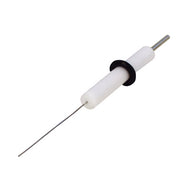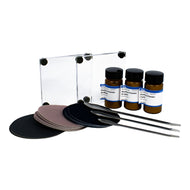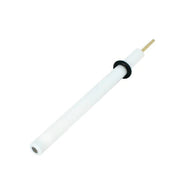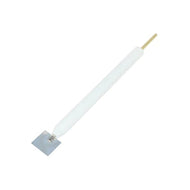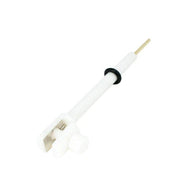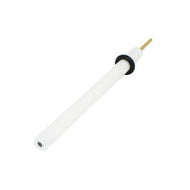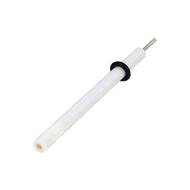Electrodes
An electrode is a conductive material that transmits electricity and facilitates electron transfer when an electric current is applied, enabling electrical reactions. Electrodes are integral to circuits and interact with components like electrolyte solutions or air.
Electrodes play crucial roles in various applications, such as measuring electrical impulses in medical diagnostics, driving electrochemical reactions in batteries, and emitting or collecting electrons in electronic devices.
Electrodes are also the primary sites for oxidation and reduction reactions in electrochemical cells. Within electrochemical cells you may need: a working electrode, a counter electrode and a reference electrode.
Explore our range of electrodes from the platinum disc working electrode to the Ag/AgCl reference electrode.
To maintain the high quality of our working electrodes, consider using our electrode polishing kit.
Browse all Electrodes
Related categories: substrates and fabrication, electrochemical cells, photoelectrochemical cells, potentiostat, electrochemistry
Filter by product type:
